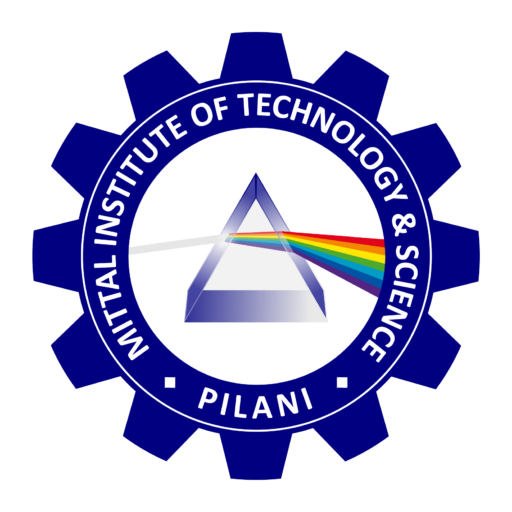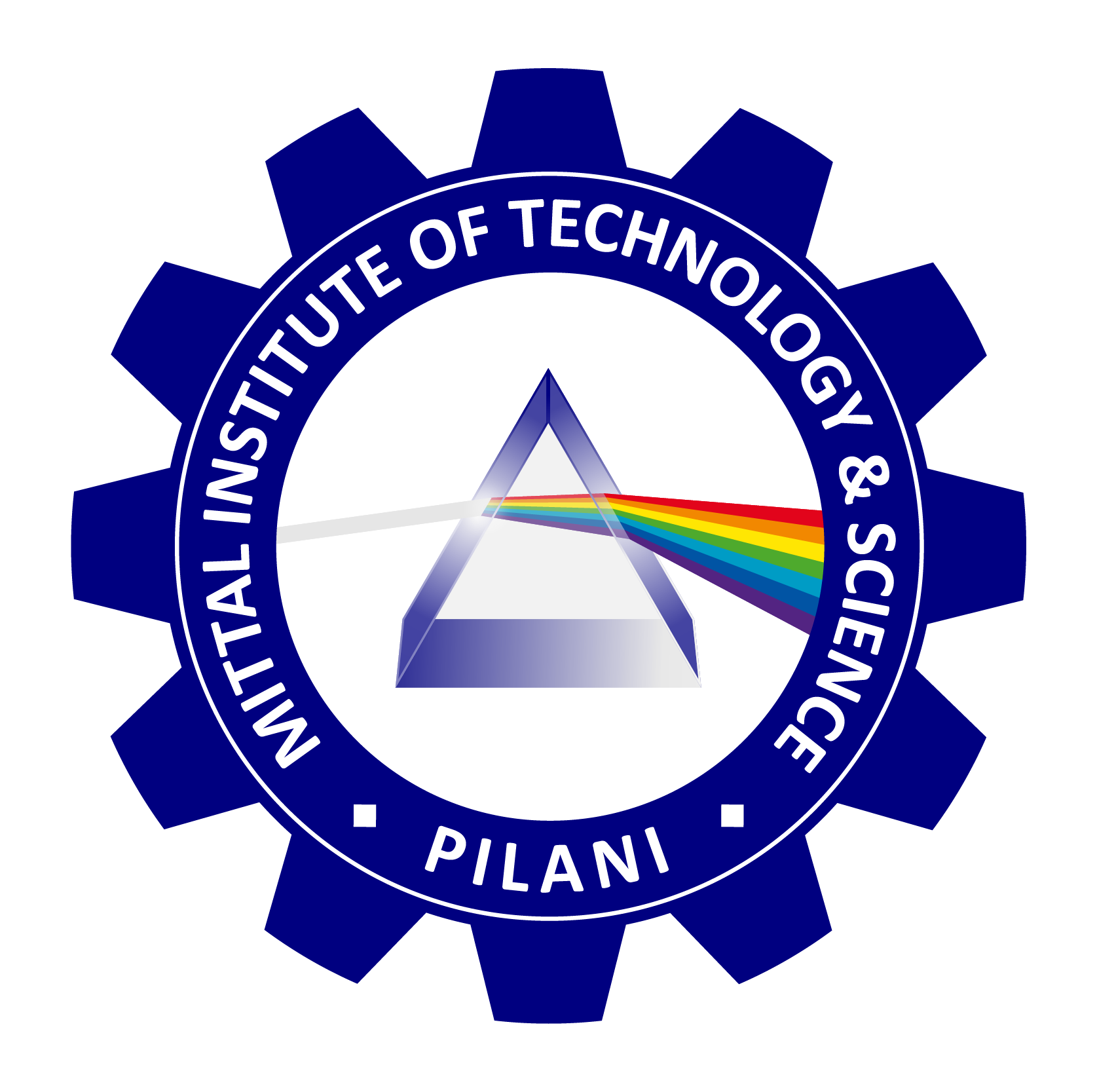
MITTAL INSTITUTE OF TECHNOLOGY & SCIENCE, PILANI
Space Research
Space research is the scientific investigation of celestial phenomena that occur beyond Earth’s atmosphere. It encompasses a wide range of disciplines, including astronomy, planetary science, astrophysics, cosmology, and space exploration technologies. Over the past several decades, space research has evolved from merely observing celestial bodies to actively sending humans and spacecraft into space to explore unknown frontiers. The importance of space research extends beyond mere curiosity; it plays a crucial role in advancing scientific knowledge, fostering technological innovation, and addressing challenges on Earth.
Historical Background
Space research began in earnest during the 20th century, with the launch of artificial satellites and manned missions marking significant milestones. The Space Age officially started in 1957 with the launch of Sputnik 1, the first artificial satellite, by the Soviet Union. This was followed by other notable achievements, such as Yuri Gagarin becoming the first human to orbit Earth in 1961 and the U.S. Apollo 11 mission in 1969, where Neil Armstrong and Buzz Aldrin became the first humans to set foot on the Moon.
Since then, space research has expanded beyond manned missions to include the exploration of planets, moons, and other celestial bodies in our solar system. Notable space agencies, such as NASA (United States), ESA (European Space Agency), Roscosmos (Russia), ISRO (India), and CNSA (China), have undertaken various missions to explore space, each contributing valuable data and insights.
Significance of Space Research
Space research is of paramount importance for several reasons:
- Scientific Discovery and Knowledge Expansion: One of the most fundamental goals of space research is to expand human understanding of the universe. This includes studying the origin and evolution of galaxies, stars, planets, and other celestial objects. Space research has allowed scientists to uncover the mysteries of black holes, dark matter, dark energy, and the structure of the universe. Missions to planets and moons, such as Mars, Europa, and Titan, help researchers investigate planetary environments and search for signs of life, challenging long-held beliefs about the potential for life beyond Earth.
- Technological Advancement: Space research has historically driven technological innovation. The demands of space missions—lightweight materials, reliable communication systems, and advanced computing—have led to the development of technologies that are now integral to everyday life. Satellite technologies, for instance, have revolutionized communication, navigation, weather forecasting, and remote sensing. These advancements have applications in various fields, including telecommunications, agriculture, disaster management, and global positioning systems (GPS).
- Earth and Climate Studies: Space research provides invaluable data for understanding Earth’s climate and environmental changes. Satellites are used to monitor atmospheric conditions, ocean currents, forest cover, and ice caps. This data helps scientists understand global warming, pollution, deforestation, and the impact of human activities on ecosystems. By observing Earth from space, researchers gain insights into natural disasters such as hurricanes, earthquakes, and volcanic eruptions, which allows for better preparedness and response strategies.
- Exploration of New Resources: Space research offers the potential to explore and utilize extraterrestrial resources. Asteroids and other celestial bodies may contain valuable minerals and metals, which could one day be mined to support industries on Earth. The Moon and Mars have also been identified as possible sites for resource extraction, including water, which could support human missions and colonization efforts. This opens the door to the development of space economies that could alleviate resource scarcity on Earth.
- Space Colonization: As Earth’s population continues to grow and resources become limited, space research has paved the way for discussions on the possibility of colonizing other planets. Mars has been a focal point for many space agencies due to its relative proximity and surface conditions. The search for habitable exoplanets—planets outside our solar system—has also intensified, raising the prospect of discovering worlds that could support life. Space colonization, though still in its early stages, could offer long-term solutions for humanity’s survival and expansion.
- Inspiration and International Collaboration: Space exploration inspires generations of scientists, engineers, and dreamers. It fosters a sense of wonder and curiosity about the universe, encouraging innovation and scientific inquiry. Space missions often require international collaboration, bringing together countries from around the world to achieve common goals. The International Space Station (ISS), a joint effort involving the United States, Russia, Japan, Europe, and Canada, is a prime example of successful international cooperation in space.
Challenges of Space Research
While the potential benefits of space research are immense, there are also significant challenges that must be overcome. These include:
- High Costs: Space missions require substantial financial investment, which can limit the number of projects that are feasible. The development of spacecraft, launch systems, and operational missions involves cutting-edge technologies that are expensive to create and maintain. However, recent advancements in reusable rocket technologies by companies like SpaceX are helping to reduce these costs.
- Technological Limitations: Despite the progress made, many challenges remain in terms of propulsion systems, energy sources, and the ability to safely sustain life in space for extended periods. The long travel times to distant planets, cosmic radiation, and the harsh environments of space pose significant risks to both humans and spacecraft.
- Ethical Considerations: As space research expands, ethical questions arise regarding the potential exploitation of space resources, the environmental impact of space missions, and the rights to ownership of celestial bodies. International agreements, such as the Outer Space Treaty of 1967, have attempted to address these issues, but new challenges continue to emerge as space exploration grows.
The Future of Space Research
The future of space research looks promising, with ambitious plans on the horizon. Manned missions to Mars, the establishment of lunar bases, and the exploration of the outer planets and their moons are key goals for the coming decades. The James Webb Space Telescope (JWST), launched in 2021, is providing unprecedented views of the distant universe, and more advanced space telescopes are in development. Private companies like SpaceX, Blue Origin, and others are also playing a growing role in space exploration, potentially transforming the industry with commercial space travel and colonization efforts.
Additionally, the search for life on other planets, particularly in the moons of Jupiter and Saturn, continues to captivate scientists. Europa, with its subsurface oceans, and Enceladus, with its geysers, are promising candidates for future missions aimed at detecting signs of microbial life.
Space research is a critical field that not only advances human knowledge but also addresses some of the most pressing challenges on Earth. It offers insights into the fundamental workings of the universe, drives technological progress, and opens new avenues for exploration and resource utilization. As we continue to push the boundaries of space exploration, space research will remain a vital pursuit for the future of humanity, offering both inspiration and practical solutions for life on Earth and beyond.

Professor Rakesh Mittal
Computer Science
Director
Mittal Institute of Technoogy & Science, Pilani, India and Clearwater, Florida, USA
